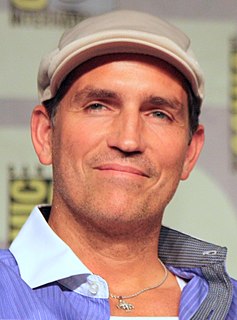A Quote by Samael Aun Weor
The man would stop suffering, when he become capable of dissolving the I.
Related Quotes
We are a feelingless people. If we could really feel, the pain would be so great that we would stop all the suffering. If we could feel that one person every six seconds dies of starvation ... we would stop it. ... If we could really feel it in the bowels, the groin, in the throat, in the breast, we would go into the streets and stop the war, stop slavery, stop the prisons, stop the killing, stop destruction.
People tend to care about dogs because they generally have more experience with dogs as companions; but other animals are as capable of suffering as dogs are. Few people feel sympathy for rats. Yet rats are intelligent animals, and there can be no doubt that rats are capable of suffering and do suffer from countless painful experiments performed on them. If the army were to stop experiments on dogs and switch to rats instead, we should not be any less concerned.
Death is the moment of form dissolving. When that dissolving is not resisted, an opening appears into the dimension of the sacred, into the One formless, unmanifested Life. This is why death is such an incredible opportunity. There is no transformation of human consciousness without the dissolving that death brings.
The world is full of suffering. Birth is suffering, decre- pitude is suffering, sickness and death are sufferings. To face a man of hatred is suffering, to be separated from a beloved one is suffering, to be vainly struggling to satisfy one's needs is suffering. In fact, life that is not free from desire and passion is always involved with suffering.
Something that had been a single cell, a cluster of cells, a little sac of tissue, a kind of worm, a potential fish with gills, stirred in her womb and would one day become a man--a grown man, suffering and enjoying, loving and hating, thinking, remembering, imagining. And what had been a blob of jelly within her body would invent a god and worship; what had been a kind of fish would create, and, having created, would become the battleground of disputing good and evil; what had blindly lived in her as a parasitic worm would look at the stars, would listen to music, would read poetry.
Filial obedience is the first and greatest requisite of a state; by this we become good subjects to our emperors, capable of behaving with just subordination to our superiors, and grateful dependents on heaven; by this we become fonder of marriage, in order to be capable of exacting obedience from others in our turn; by this we become good magistrates, for early submission is the truest lesson to those who would learn to rule. By this the whole state may be said to resemble one family.































